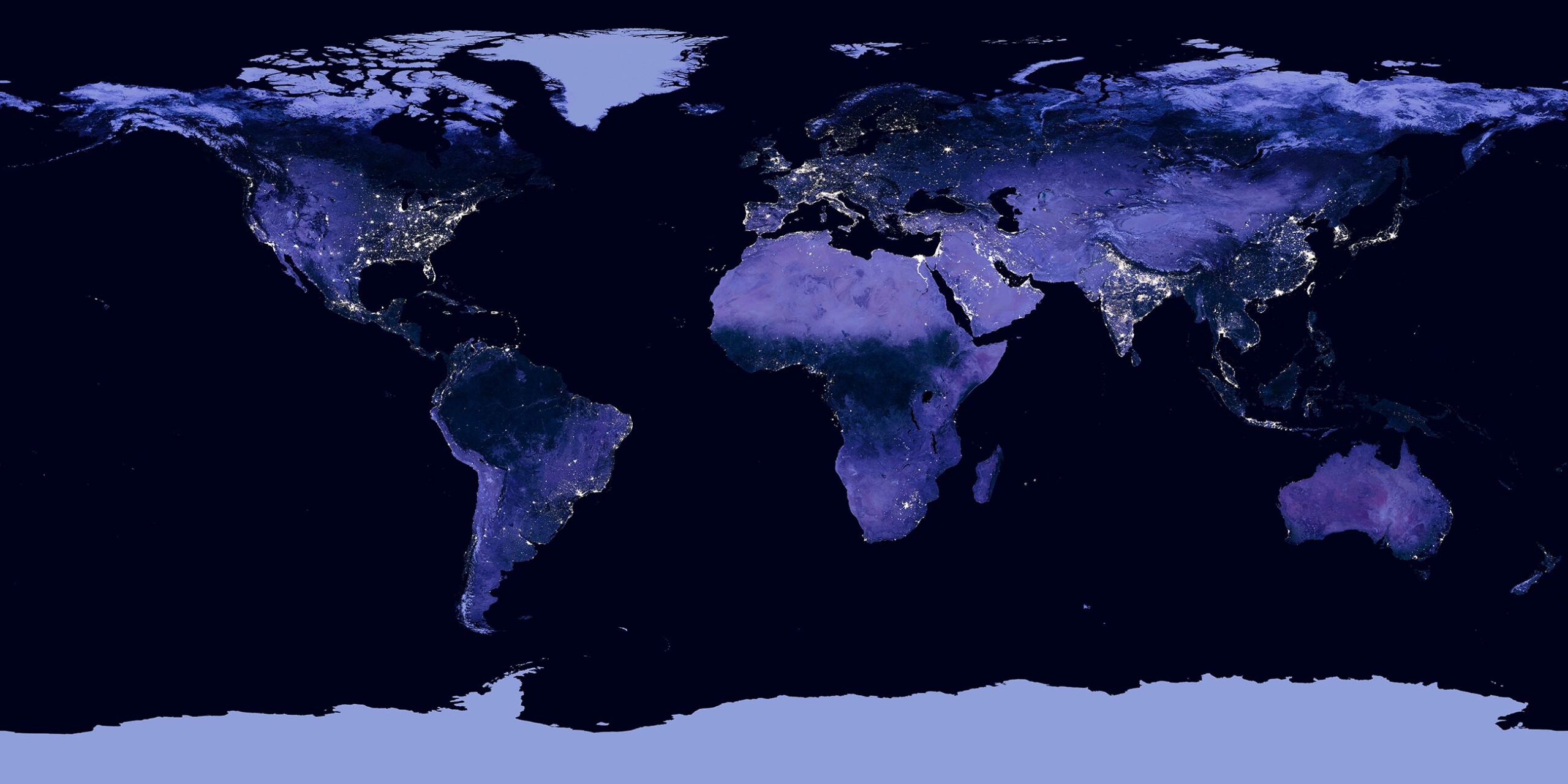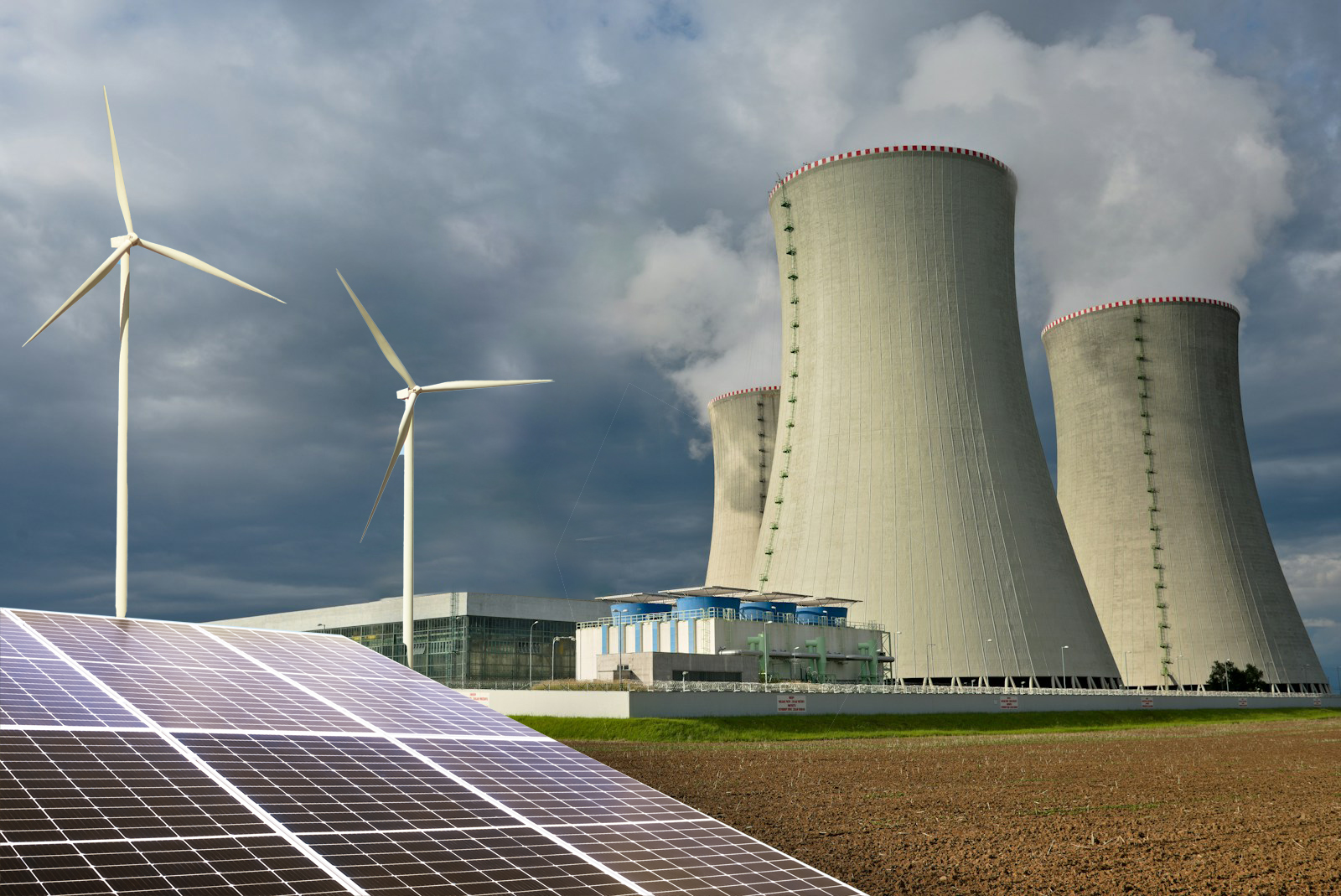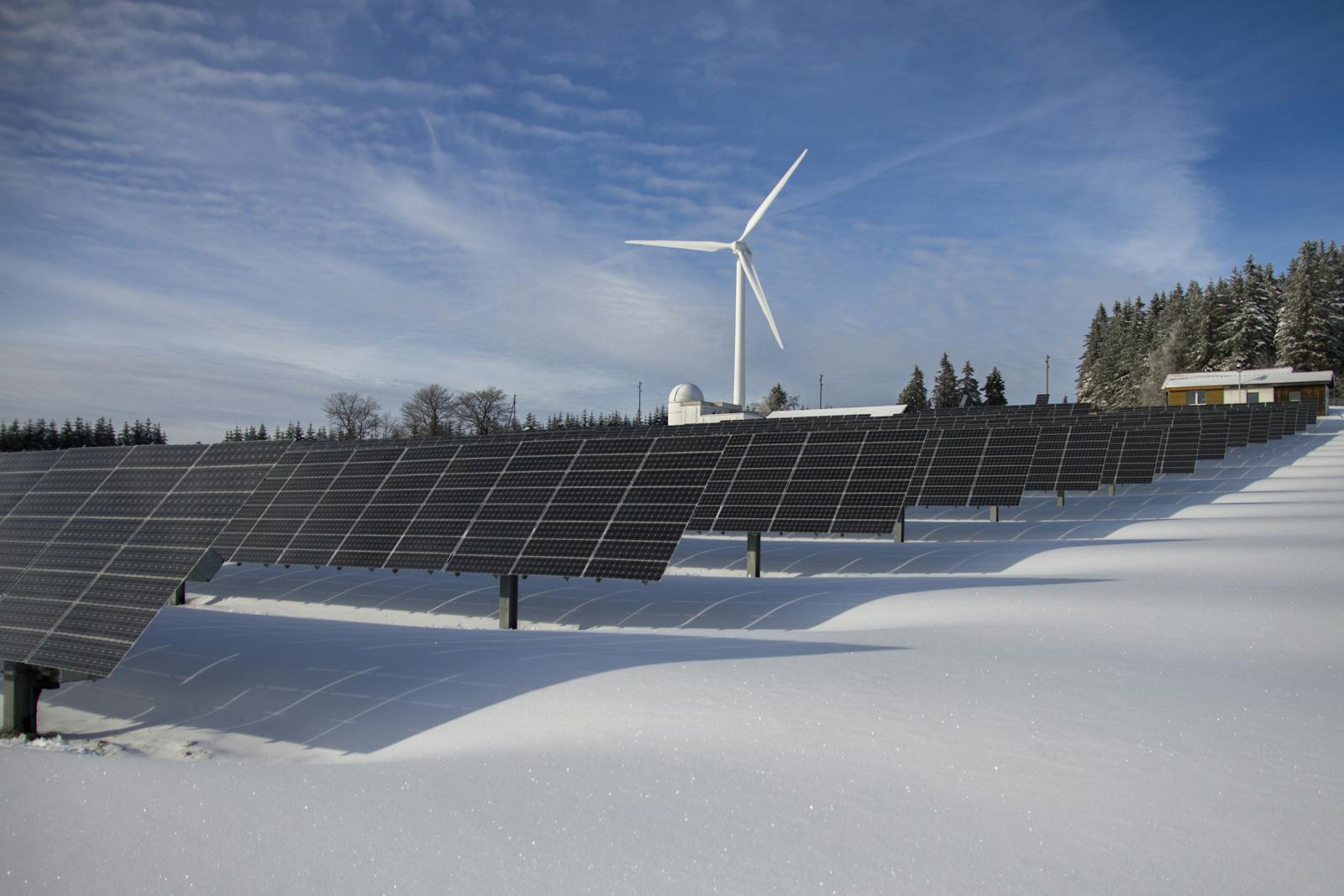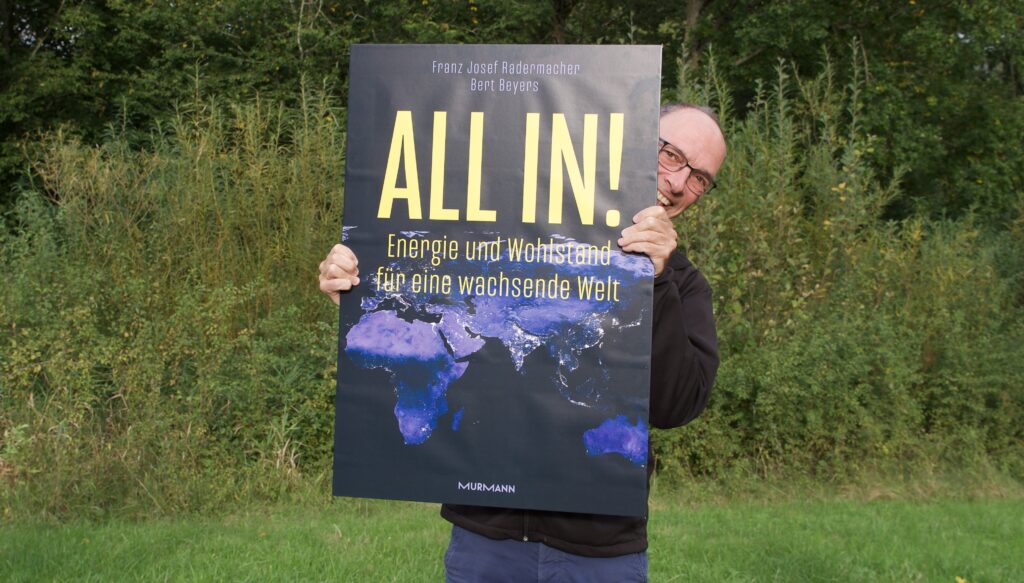At this point, some news of the last few weeks will be addressed which, from GES’ point of view, are reason for hope because they contain building blocks of a possible global solution and / or could help to develop a realistic view of the challenges ahead of us.
The World Bank wants to focus its loans to poorer countries more on climate change – for example, on the protection of rainforests. The Bank’s new mission statement, which was adopted at its annual meeting in Marrakech, is specifically tailored to poorer countries. So far, however, global climate financing is not in good shape. For years, the global community has been arguing about compensation for climate-related damage and losses, for example.
The World Energy Outlook 2023 of the International Energy Agency (IEA) assumes that almost half of the world’s electricity demand can be met with renewables in 2030. The burning of coal, gas and oil is expected to decline by that time. Nevertheless, fossil fuels would still cover 73 per cent of primary energy demand in 2030 – today it is more than 80 per cent.
Will the EU miss its own climate targets for 2030? A project report by the European Environment Agency shows that the member states will only be able to reduce their climate gas emissions by 48 percent by 2030 according to current plans – seven percentage points less than planned. This corresponds to 300 million tonnes of CO equivalent.2
The Federal Ministry of Economics and Technology (BMWK) has examined the competitiveness of German electricity prices in international competition. According to the study, the German industrial electricity price rose to 90 to 99 euros per megawatt hour in 2022, and finally to 101 to 114 euros in 2023. According to the BMWK, companies are now paying a much higher electricity price than competitors in France, the USA or China, for example.
From next year onwards, the German government wants to promote CCUS for emissions that are difficult to avoid. This is stated in a directive of the Federal Ministry of Economics. The aim is to avoid 40 million tonnes of CO2 equivalents annually. Measures for the use and geological storage of CO2 will also be promoted.
The battle for e-fuels in Europe continues. The Renewable Energy Directive (RED II) states that e-fuels must have an emission reduction of 70 per cent compared to fossil fuels. A new draft now states that e-fuels must be 100 per cent climate neutral. Experts do not believe that the entire value chain, including transport, storage and distribution, can be completely CO2 -neutral. Even the value chain of an e-car cannot fulfil such a requirement.
The German Aerospace Centre is planning to build a demonstration plant for e-fuels. The project in Leuna will receive a contribution of millions from the Federal Ministry of Digital Affairs and Transport. Construction is scheduled to begin in 2024.
Germany will support Senegal in the expansion of renewable energies with 100 million euros. The funds from the Federal Ministry for Economic Development and Cooperation will flow within the framework of a Just Energy Transition Partnership. Senegal wants to connect all 17 million inhabitants of the country to the electricity grid by 2025.
Since the beginning of October, the Balticconnector natural gas pipeline between Estonia and Finland has been at a standstill. There was also damage to a neighbouring telecommunications cable. Finnish investigators have now found the anchor of a Chinese container freighter on the seabed, which is believed to have caused the damage.
Meanwhile, a new hydrogen pipeline is being planned between the Scandinavian countries and Europe, the Baltic Sea Hydrogen Collector. And activities to build hydrogen pipelines from the south, namely Portugal and Spain, to Central Europe continue to take shape. The German transmission system operator OGE is now involved in the construction of the H2Med pipeline. There have been plans to extend the H2Med pipeline between Barcelona and Marseille to Germany for some time.
The destruction of forests is increasing worldwide. According to a report by several scientific institutes and the WWF, the rate of deforestation did not decrease last year, but increased: despite all promises. The cause is said to be agriculture, road construction, fires and loggers.




